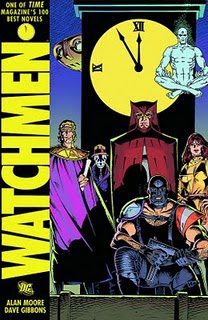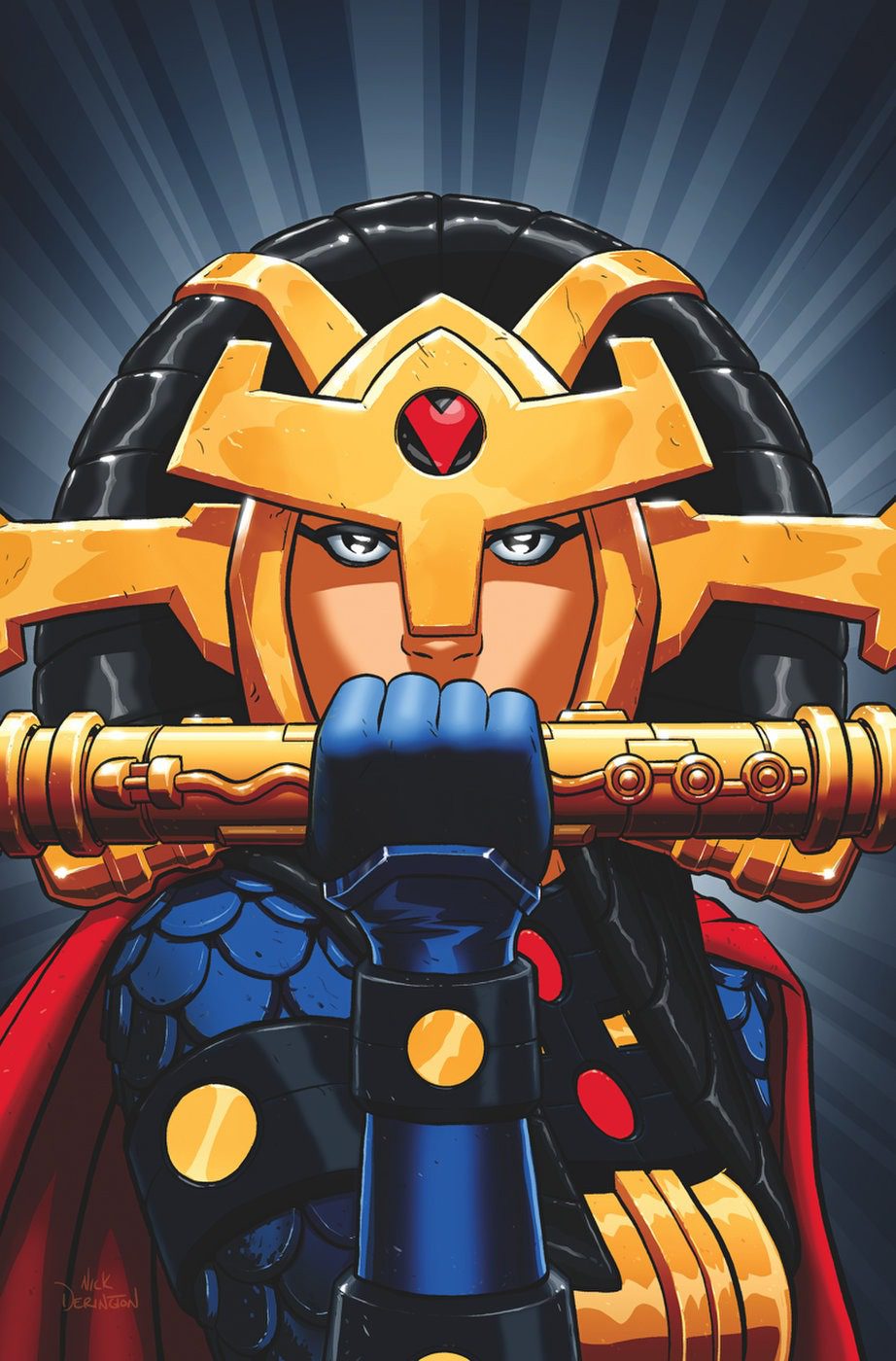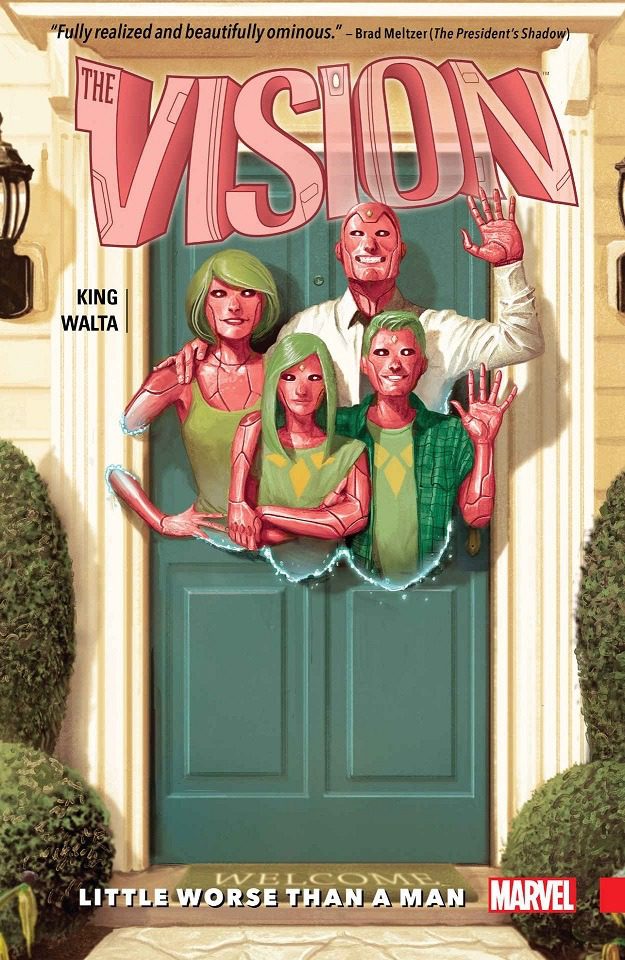Recent events inspired this article when the video game Borderlands 3 was announced. Fans of the series, who did not like the new direction of the game, organized and began a process that has become known as “Review Bombing” the previous Borderlands games and the new release before it even hit shelves. Review bombing is writing unfavorable or negative reviews for a product or project in hopes of dissuading other customers or fans from supporting the targeted property. This has become trendy among movies, video games, and other entertainment in recent years.
The old saying goes “Opinions are like assholes, everybody’s got one and they all stink”. No truer words have been spoken when it comes to the modern pop culture landscape and “critics”. The other old saying rings true too, “Everybody’s a critic”; in the age of start-up websites, blogs, YouTube and so many other outlets it’s easier today to voice your opinion than ever before, but the real question is what’s the difference between a critic and some schmuck behind a keyboard? That’s what I’m going to try and answer.
I’m going to work under the assumption in this article that if you’re reading this then you already have more than a passing interest in giving your opinion on the medium and industry of comic books. And let’s start there… your opinion.
Let’s get this out of the way; your opinion is just that, opinion. Just because you believe it, your belief doesn’t make it the undeniable truth when it comes to assessing art, writing, and any other creative endeavor; beauty is in the eye of the beholder. When it comes to your opinion on anything in life, it is nothing more than your private perspective; your opinion is your point of view; it doesn’t make it automatically right, nor does it make it automatically wrong.
The line of division that separates critics from everyone else is the way in which you engage your audience, present your opinion, and how well you know your subject matter. If you want to write about comics you better get a decent working knowledge about comics. Take the time to learn how comics are made, how the writing process works, how scripting in comics differs from other entertainment mediums, learn how a book is manufactured, learn the process of illustration, panel layout, pacing, foreshadowing, sub-plots, and five thousand other minor nuisances that make up the successful creation of a good comic.
It never hurts to go back and read the classics with a critical eye. Go pick up Watchmen and study the artwork. Understand how a nine-panel grid was used to perfection by Dave Gibbons, and how Alan Moore used some classic literary tricks to add subtext to the narrative. All of those classic storylines can teach numerous lessons to a newcomer when you start to look a comics with a critical eye.
So again I ask, “What separates critics from everyone else?” In one word…
TRUTH.
A critic can look at the page and see how it not only works on its own, but how it plays into the overall issue and how that issue plays into the overall series, and how the series plays into the overall medium at large. If a comic can translate well on all of those levels then your reading a future classic in the making, if it fails on all of those levels then you are obligated to point out where the comic failed—and that’s where it gets tricky. People love to deliver bad news but never receive it. It’s easy to shit all over someone’s hard work without rhyme or reason, but to justify yourself with data and facts can be downright difficult.
That’s where having an understanding of the creative process that goes into the creation of a comic can become invaluable. Knowing how to talk the industry lingo to a creator can cut through the frilly B.S. and put a focus on the heart of the problem; knowing the difference between negative space and perspective when communicating about art shows a level of intelligence to your opinion that gives your words weight and meaning; not only to your readers but to those on the receiving end of your critical writings, the creators.
That doesn’t mean that just because you show an understanding of the hobby you get to crap all over every project you don’t love. There are valuable lessons in every issue that you read. You hope that every issue is going to be the best comic you’ve read in your life and that you will be the one to take this hallowed tome to the masses to introduce them to their next favorite comic, but more often than not, you’re going to be stuck wading through average books, with average art and average writing; there is nothing wrong with that, all of those books serve a purpose and are enjoyed by many fans, but they are average.
 The real enjoyment of being a critic comes from those moments when you are forced to move to one extreme or the other, the really good comics and the really, really, really terrible comics. It’s been in those moments that I have grown the most as a reviewer and as a writer. It’s in those moments that you really have to justify your opinion and stance. You have to put forward what you believe is concrete evidence to back up your words. It’s not enough to simply say “Well, I didn’t like it.”
The real enjoyment of being a critic comes from those moments when you are forced to move to one extreme or the other, the really good comics and the really, really, really terrible comics. It’s been in those moments that I have grown the most as a reviewer and as a writer. It’s in those moments that you really have to justify your opinion and stance. You have to put forward what you believe is concrete evidence to back up your words. It’s not enough to simply say “Well, I didn’t like it.”
That brings me to another important point; don’t just give a summary of events. You’re not writing reviews to give a dissertation about the happenings of the comic in front of you; instead, it’s your obligation to the reader to clearly state what you enjoyed about an issue and what could be improved or changed. People don’t want the magic ruined for them by you giving away major plot points or revealing a climactic scene. Only in the rarest of occasions, when a plot point is unavoidable in mentioning in your review, should you give away a books surprise. Even then it’s an unspoken rule to warn your readers that you are about to “spoil” the issue.
Now that you have a basic understanding of how to review and read a comic what are the guidelines when it comes to “grading” an issue? There are many different approaches and a number of different grading systems out there. Some grade books on a scale of 1 to 10, others use 1 to 100, others use the scholastic letter grades. Work within a system that feels comfortable for you; unless you’re writing for someone else then follow their ground rules.
Here is what I look for when I grade a comic… and please understand that this is not the Holy Grail when it comes to grading, but a helpful guide to keep in mind when summarizing your review.
How to Review STORY:
-Does the writer tell a complete story with a beginning, middle, and end?
-Did the writer convey the plot in an interesting or understandable way?
-Did the character(s) in the book each have a unique voice?
-How was the pacing of the issue? Did it drag when reading it? Did it seem to be “choppy” or missing important plot elements that caused you confusion?
-Did the writer use literary tools to convey their story? (Foreshadowing, alliteration, subplots, first/second/third person perspective…etc)
-Does the story make you want to continue reading the series? Or if you’re reading a mini-series or one-shot does the book leave you wanting more?
-How does the storyline make you feel?
-Can you connect the storyline or plot to another famous or notable work that readers will recognize?
-If you are familiar with the writer’s other works? How does this story compare?
-How does this story compare to other comics in the same genre? Or how does the issue compare in the medium of comics?
How to Review ART
-Did the artist clearly convey the story that was being told?
-Was each character clearly defined and recognizable upon first glance?
-Did the pacing of the panels fit the events in the narrative?
-Did the artist clutter too much into too few panels? Or were the panels to sparse and empty?
-Did the artist properly utilize a grasp of basic artistic knowledge? (eye-line? Perspective? Negative space? Lighting? Anatomy? Proportions?…ETC)
-How does this issues art compare to previous issues or other works by the same artist?
-Does the art capture the tone and feel of the comic properly?
-Did the art capture your imagination to fill in the spaces between panels?
How to Review COLORING AND LETTERING
-Did either the coloring or the lettering take away from your enjoyment of the issue?
-Were they noticeable?
-Was the quality and tone of the colors consistent throughout the issue?
-Did the colorist clean-up sketch lines in the artwork or just color over the top of them?
-Did the colorist convey the proper tone or mood for each changing setting of the book?
-Did the letterer cover up important art with word balloons or SFX?
-Did the letterer use the wrong sounds for SFX?
-Was the dialogue clearly legible throughout the issue?
How to review a FINAL GRADE
This last stage is the most subjective because now we are leaving the hard and fast facts that you can point to in the issue and bringing in your personal opinion. This is where telling the reader the truth really counts. This is where you summarize your reading experience of the comic. Was it fun? Was it too violent? Was it too dark and gloomy? Was the comic too much of a knock-off of previous comics? Tell the reader why the issue stands out to you.
This can be difficult if you’re reviewing a middle-of-the-road average comic book because all the components were serviceable but nothing stood out as interesting or special. That can be a great chance to talk about the events of the series at large, or give a short summary of previous events of the issue in question and then explain if the issue in question ties into the overall plot.
In the end, you have to keep in mind that the people that are going to read your work love the hobby, the characters, creators, and publishers just as much as you do. They want to know more and they are choosing you as that outlet of information. Keep being honest in your assessments and keep telling the truth as you see it and slowly, but surely, your readers will keep coming back to what they see as a trusted source.
There is one last bit of advice I would like to pass along. While it might seem like fun to write about comic books and throw around your opinion, you must keep in mind at all times that each and every review you write, the comic in question was crafted by someone who placed a lot of time, energy, and hard work into creating the issue you are grading. There is someone on the other end whose livelihood is in your hands. Too many bad reviews for a creator can be the death knell for their career—just as enough positive reviews can catapult an unknown creator into superstardom.
While it’s not your job to pull punches when it comes to judging a comic, it will serve you well to not bury a creator too deep. But if a situation calls for it… do what you have to do to stay honest in your assessment, but do not cross the line and become belligerent or make your review a series of personal attacks.
So there is my ten cents on how to become a comic critic. I hope that this helps. Please contact me if you have a question or comment about this article. You can find me on Twitter @SimpleFanBlog. You can also find more great comic and pop culture content by checking out www.thegww.com ; best of luck in your future writing and creative endeavors.
Dusty Good has been a comic fan for 25 years. He began collecting at the age of 11 and has been published by numerous online sites with hundreds of reviews to his credit.

